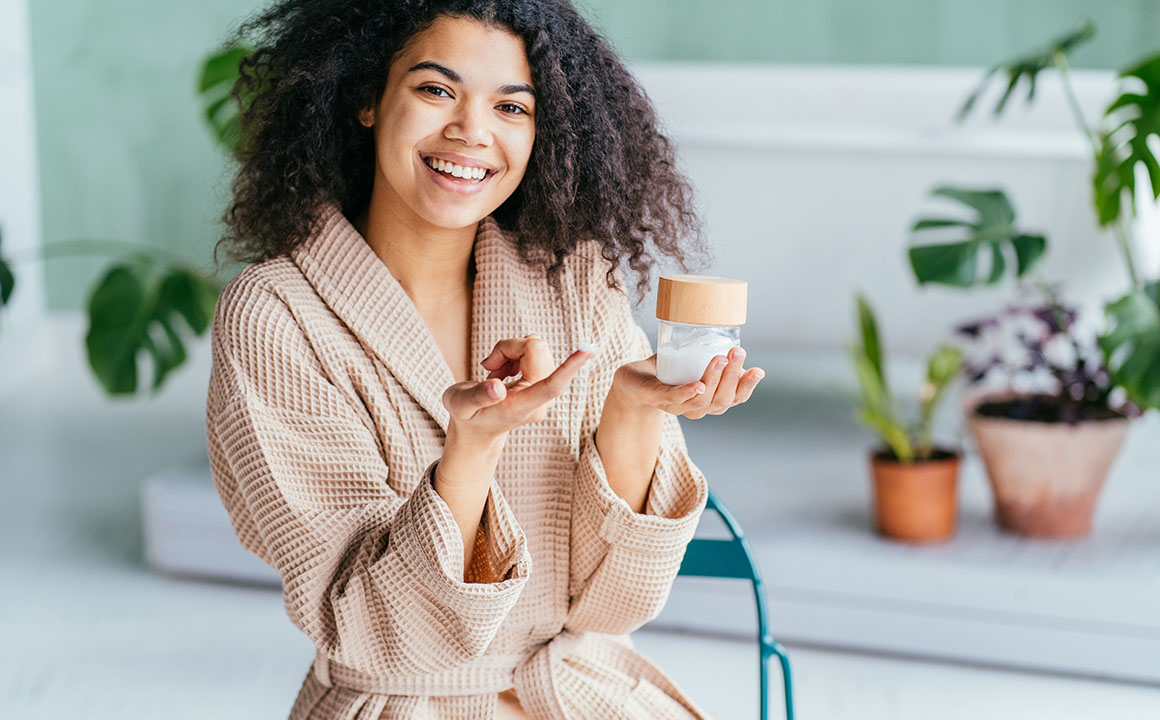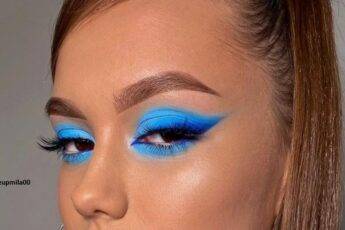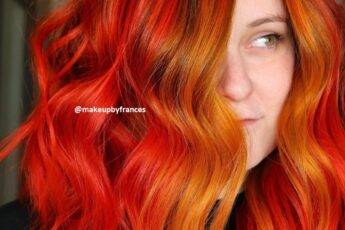How Much Do You Really Know About Retinol?

Everyone recommends retinol, one of the best-researched ingredients in the skincare world that won the gold-standard badge for its game-changing benefits. Rightly so, whether it’s fighting the signs of aging, reducing breakouts, or improving discoloration, you can count on retinol to fix all your skin problems. But have you ever wondered how much you really know about this vitamin A derivative and how it provides its benefits? Keep reading to learn everything about retinol in skincare.
What is retinol
Retinol is a retinoid, a form of vitamin A that is often used in skincare products thanks to its skin-renewing properties. If you are not familiar with vitamin A, it’s an essential nutrient for the body and plays a role in vision, reproduction, and cell growth. Furthermore, retinoids have been shown to be effective in treating a variety of skin conditions, such as acne, wrinkles, and sun damage. However, retinol is also known to be aggressive and irritate the skin, which is why it’s always recommended to use a moisturizer after retinol.
How it works
When applied to the skin, retinol works by increasing cell turnover and stimulating collagen production. This, in turn, helps to improve the appearance of wrinkles, fine lines, and uneven tone while smoothing and firming skin. Studies also point out that retinol can help unclog pores and reduce the appearance of acne. Besides, since it’s an antioxidant, retinol mitigates the damage from free radicals, which protects the skin from premature aging.
Side effects
Retinol can cause side effects such as dryness, redness, peeling, and irritation. These side effects are usually mild and temporary and can be minimized by applying a regenerative moisturizer after. Also, some people may experience a tingling sensation. This is normal and should go away as your skin adjusts to the product. If it’s your first time with retinoids, start with a low concentration of retinol and increase gradually as your skin gets accommodated. This helps reduce the chances of side effects.
Who can use it
Retinol can be used by people of all skin types. However, those with sensitive and dry skin may want to start with a lower concentration or use it less often to avoid irritation. Besides, you should not use retinol if you are pregnant or breastfeeding.
When should you use it?
It’s best to apply retinol at night since it can make the skin more sensitive to sunlight. However, if you plan to use retinol during the day, apply sunscreen with SPF 30 or higher.
How often to use it
Most experts agree that it’s good to start by using retinol a few times a week and gradually increase to nightly as tolerated. Your cells need time to repair after retinol, and if you don’t allow enough time between sessions, you may risk irritating your skin.
How to use it
You can find retinol in a variety of skincare products, including serums, creams, and gels. However, retinol works best when used in serums as the tiny molecules allow better skin penetration. To use retinol, start by cleansing your face and applying a pea-sized amount of product to your entire face. Delicately massage the product into your skin until it is fully absorbed. If you have sensitive skin, you may want to start with a lower concentration or use it less often to avoid irritation.
What ingredients can you use with retinol?
Some common ingredients that can be used with retinol include vitamin C, niacinamide, and hyaluronic acid. These ingredients can help boost the effectiveness of retinol and reduce the risk of irritation. On the other hand, you should avoid using retinol with other exfoliating ingredients, such as glycolic acid and salicylic acid.
How to reduce irritation caused by retinol
There are a few things you can do to reduce the risk of irritation when using retinol:
- Start with a lower concentration of retinol and increase gradually as your skin build tolerance.
- Apply the product at night.
- Use a moisturizer afterward to help soothe the skin.
- Avoid using other exfoliating ingredients with retinol.
Share via:





Leave a Comment